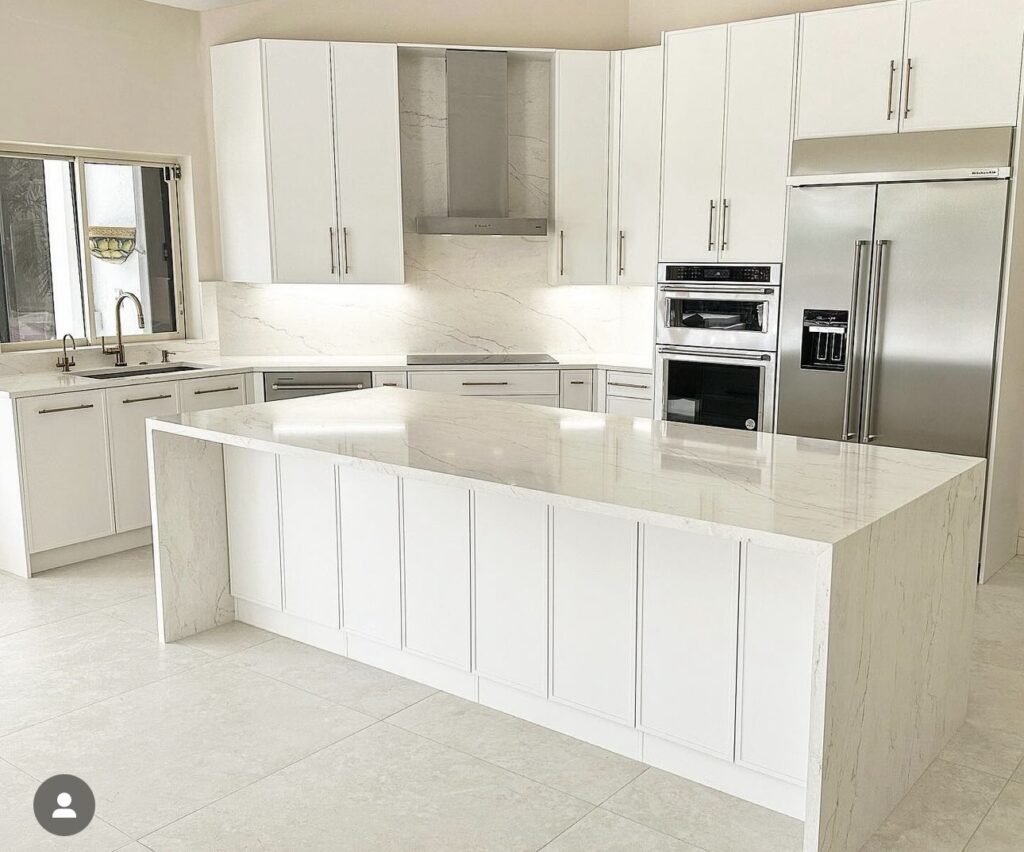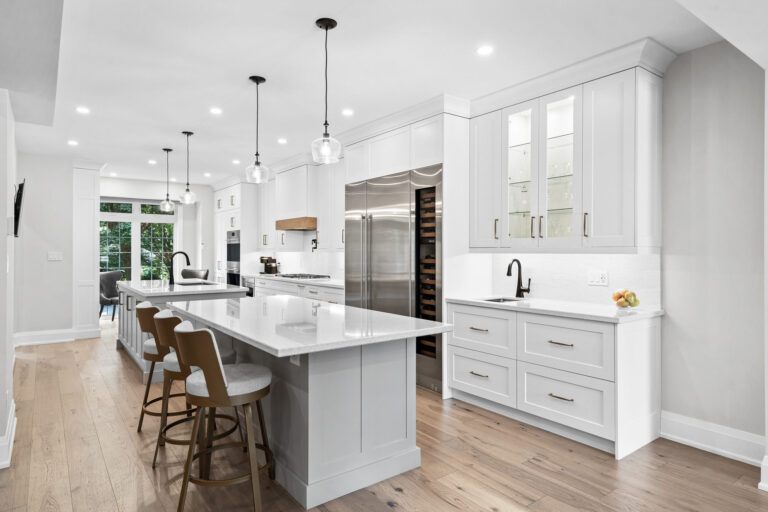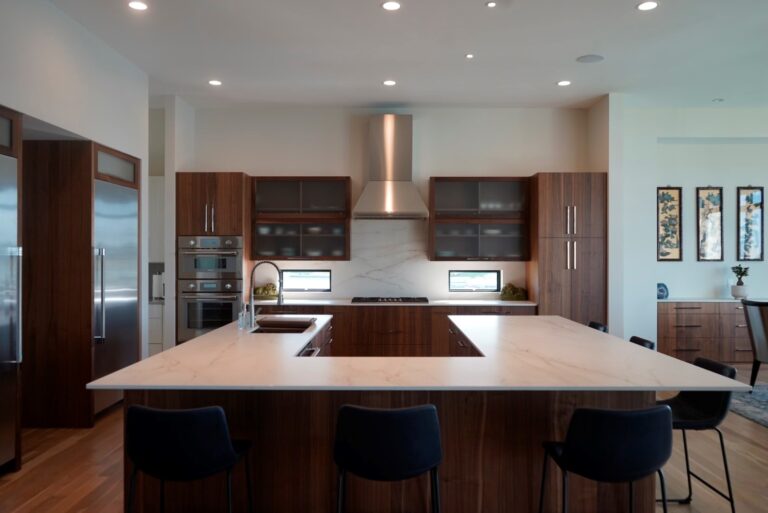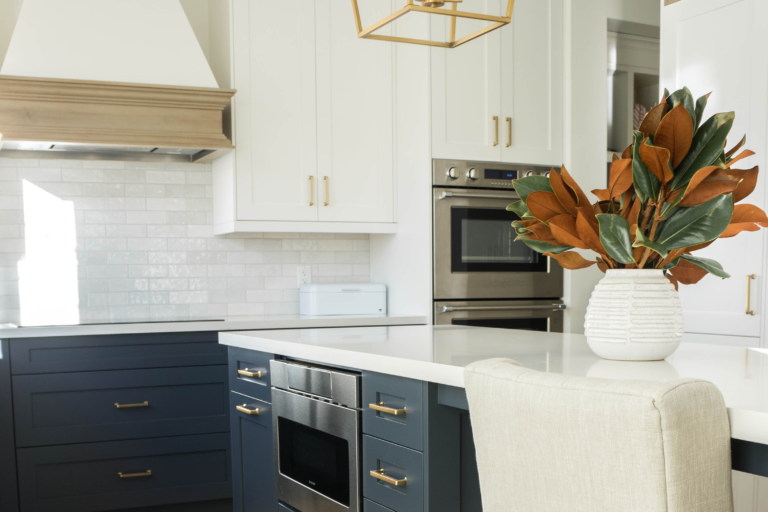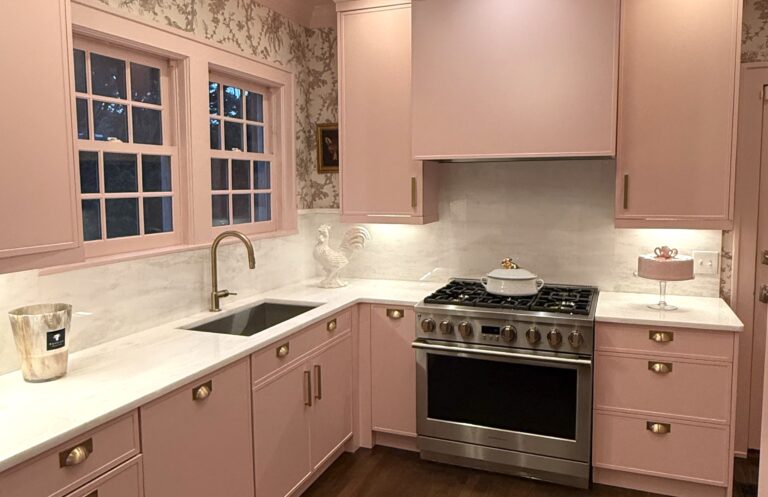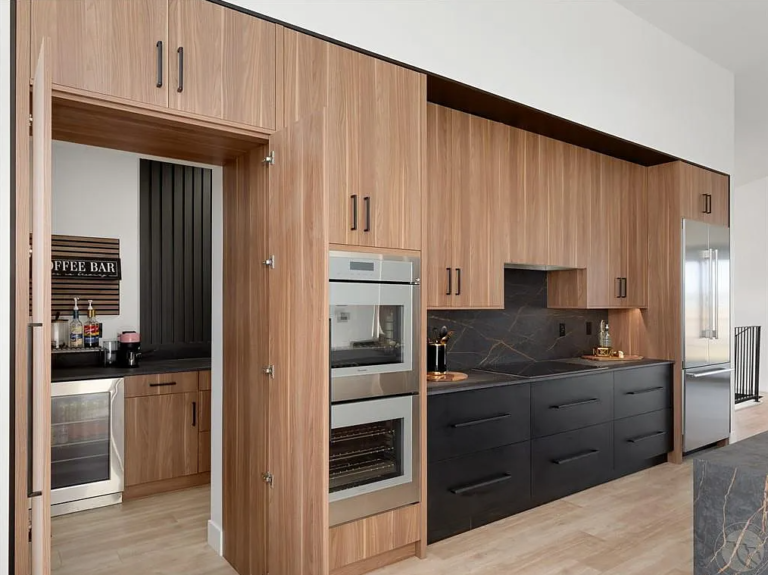Do you need kitchen renovation permits?
If you’re planning to update your cabinets, it’s smart to ask: Is a permit required when installing new cabinets or relocating existing ones?
The answer depends on where you live and what kind of changes you’re making.
Let’s walk through what you need to know and how kitchen renovation permits come into play.
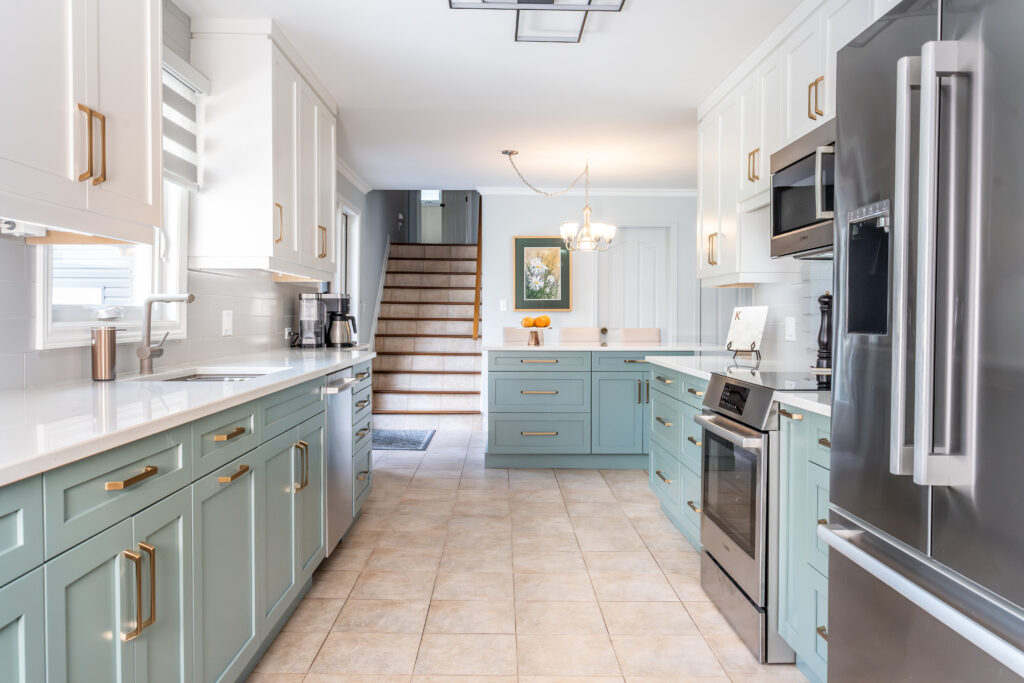
If you're renovating in the United States:
In most areas, you don’t need a permit to install new cabinets if the layout stays the same and you’re not changing plumbing, electrical, or walls.
No permit is usually required when:
You’re replacing cabinets in the same spot
The layout isn’t changing
There’s no work on utilities
You may need a kitchen renovation permit if:
You’re moving cabinets and also moving plumbing or electrical
You’re removing or adding walls
The cabinet project is part of a larger remodel
Every city and county has different rules. The best way to be sure is to check with your local building department. If you’re working with a contractor, they should know whether a permit is needed and handle that for you. That’s one of the benefits of using a full renovation kitchen design service.
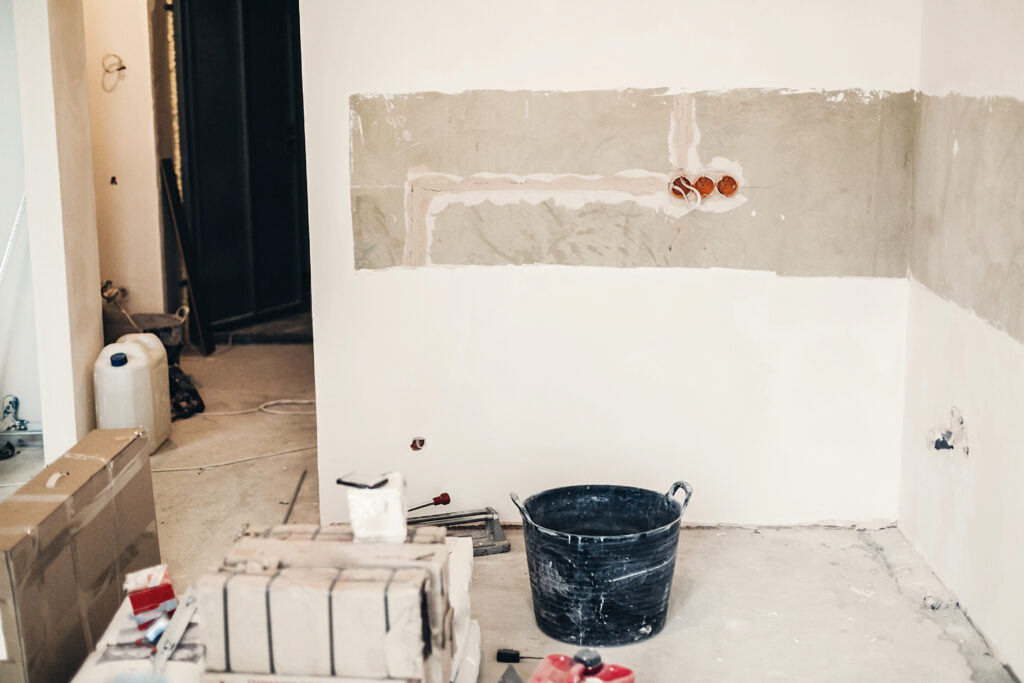
If you're renovating in Canada:
In Canada, the rules are pretty similar. The key question is whether the work affects anything structural or connected to safety systems like plumbing or wiring.
You probably don’t need a permit if:
You’re just replacing cabinets in the same place
You’re not touching plumbing, gas, or electrical
No walls are being moved or changed
You likely will need a permit if:
You’re relocating plumbing or electrical
You’re adding or removing any walls
You live in a condo or multi-unit building with stricter rules
Municipal and provincial regulations can vary, so it’s a good idea to contact your local building authority before starting. Condo boards often require additional approvals, even for small changes.
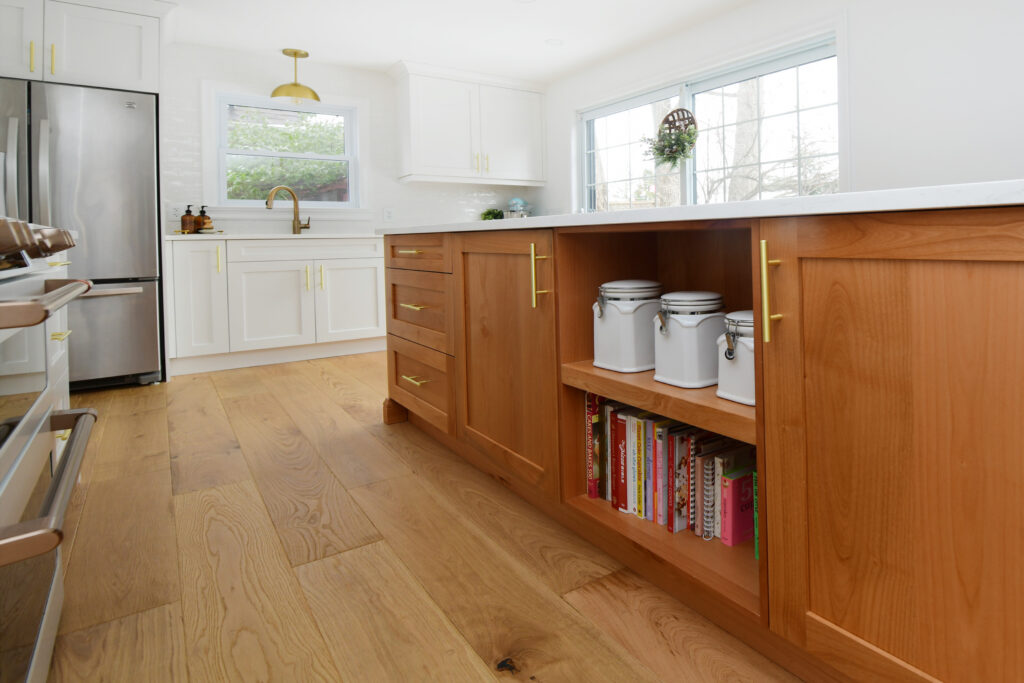
Why Permits Matter for Kitchen Renovations?
Permits exist to protect your home, your investment, and your safety. They make sure the work being done follows building codes and can pass inspection. Here’s why that matters:
Safety: When plumbing or wiring is involved, an inspection helps make sure the work is safe and up to code.
Insurance: If something goes wrong later, unpermitted work could affect your coverage.
Resale: When you go to sell your home, buyers may ask for proof of permits. Unpermitted work can delay the sale or lower the value.
Peace of mind: You’ll know the job was done right and approved by a professional inspector.
It’s tempting to skip the paperwork, especially for smaller jobs. But if the work needs a permit and you skip it, you could face fines, be required to undo the changes, or run into problems when selling your home.
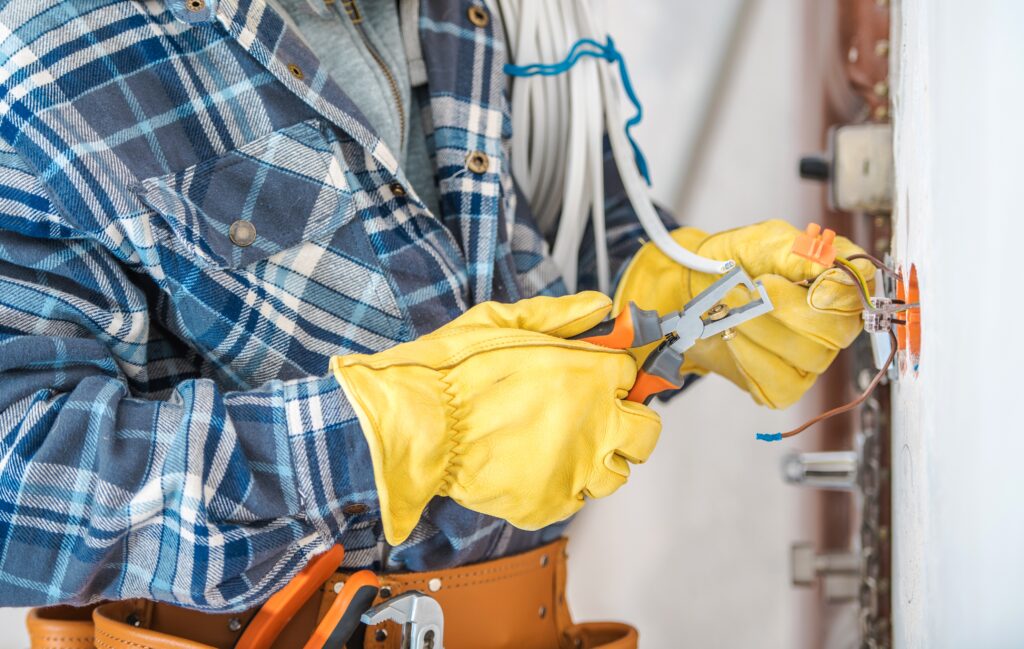
What Should You Do?
If you’re just replacing cabinets in the same spot, you’re probably good to go without a permit.
If you’re planning to move cabinets or change anything behind the walls, ask your local building office what’s required. It’s a quick step that can save you from expensive issues later.
Kitchen renovation permits aren’t just red tape. They help protect your home and make sure everything is done the right way.
When in doubt, make the call.


